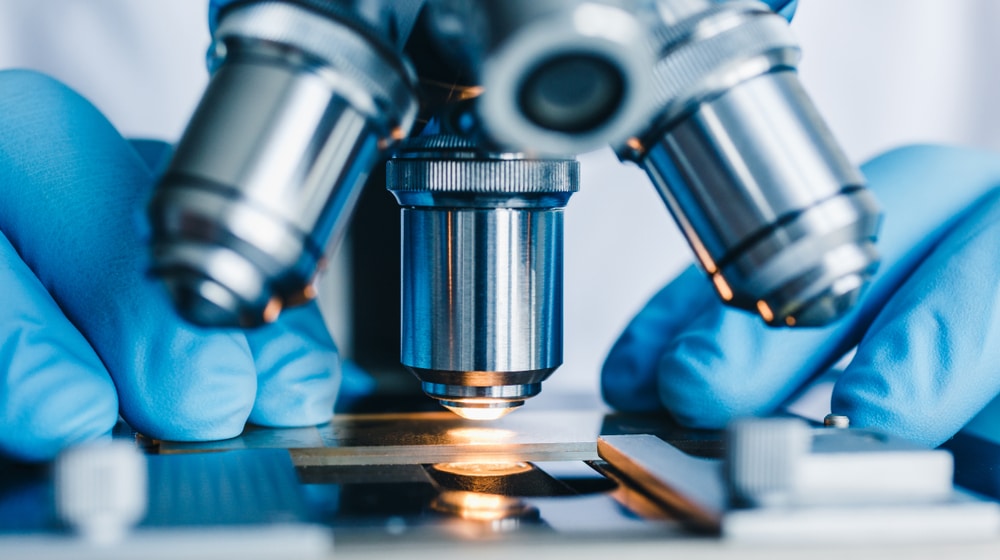Researchers at the Chinese Academy of Sciences (CAS) in Beijing have developed a new gene therapy that delays aging in mice and extends their lifespans by a quarter. Further reports suggest that it could also be used for humans in the near future.
The detailed report that was published in the Science Translational Medicine Journal a few weeks ago highlights a method for the deactivation of the kat7 gene which is responsible for cellular aging in living organisms.
The team of biologists that was co-supervised by Professor Qu Jing used the CRISPR-Cas9 method to study thousands of genetic threads and identified the kat7 gene as the most efficient contributor to cellular aging.
ALSO READ
Existing Vaccines Might Not Work Against South African COVID-19 Strain
Professor Qu Jing, a specialist in aging and regenerative medicine at the Institute of Zoology (CAS), said in a statement that the therapy is a first-of-its-kind method for the study of cellular genetics. Discussing some of the peak aspects of the experiment, she said,
These mice show after six to eight months overall improved appearance and grip strength, and most importantly they have [an] extended lifespan for about 25 per cent.
Qu remarked that the new method “tested the function of the gene in different kinds of cell types, in the human stem cell, the mesenchymal progenitor cells, in the human liver cell and the mouse liver cell, and for all of these cells, we didn’t see any detectable cellular toxicity. And for the mice, we also didn’t see any side effects yet”.
The method still needs some new adjustments and requires long periods of testing to transition from mice to primates like chimpanzees and orangutans. Qu believes that any plans for potential testing on humans is currently not possible and might take even decades.
ALSO READ
Cannoli Controversy: PM Imran Weighs in on Using English to Insult Others
She hopes to observe “the function of kat7 in other cell types of humans and other organs of mice and in the other pre-clinical animals before we use the strategy for human aging or other health conditions”.
In principle genetics, the kat7 gene exists with millions of other genetic structures in mammalian cells. It is important for thymocyte fitness (immunity), survival, late-stage thymic maturation, and calcium saturation in the bone marrow.
The new research suggests that its structure can either be altered or genetically deactivated to further explore the science of aging.





















